‘In Indonesia palm oil is bigger than watchmaking is for Switzerland’
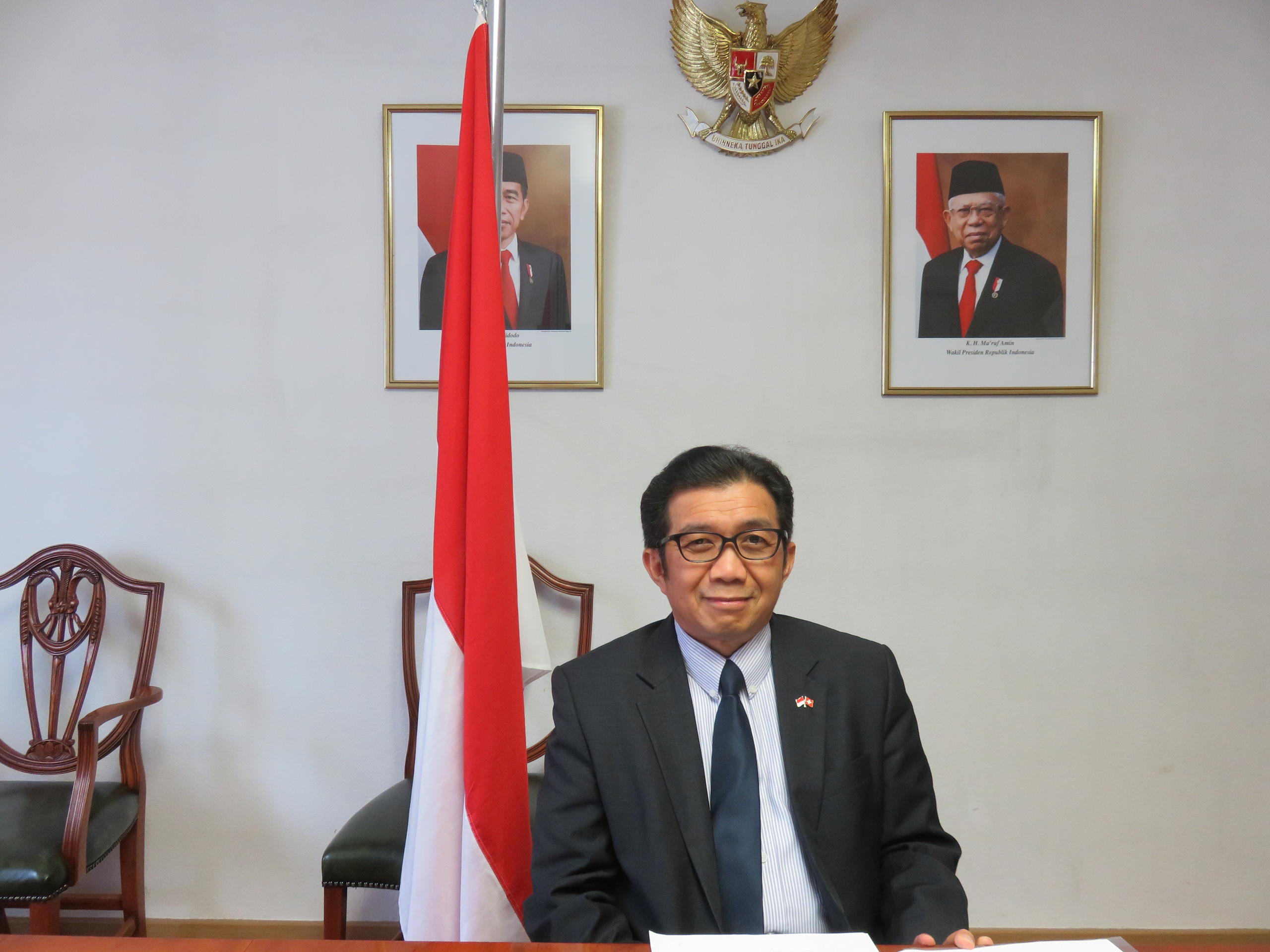
Amid a referendum just launched in Switzerland against a free trade agreement with Indonesia, the Indonesian ambassador to the Alpine country defends the sustainability of his country’s palm oil exports.
Critics of a planned free trade agreement between EFTA countries and Indonesia have just launched a referendum against the deal, based on environmental concerns about palm oil. Muliaman Hadad, Indonesia’s ambassador to Switzerland, believes palm oil must remain part of the agreement.
The FTA, signed in December 2019 between Indonesia and the European Free Trade Association countries (Switzerland, Norway, Iceland and Liechtenstein), has faced a lot of opposition in Switzerland for its guaranteed tariff reductions of up to 40% on 10,000 tons of Indonesian palm oil exports. Critics say this undermines efforts to stop environmental devastation caused by the harvesting of palm oil, which is used in products ranging from food to cosmetics.
Monday marked a potential new hurdle for the trade deal when the Swiss agricultural association Uniterre, along with other supporters, handed in enough signatures to launch a referendum against the deal under the Swiss direct democracy system. Uniterre claims that existing laws in Indonesia are not strong enough to stop conversion of tropical forests into palm oil plantations. The organisation believes that the FTA will only benefit large corporations and not small farmers.
swissinfo.ch spoke to Ambassador Hadad to get Indonesia’s perspective on the FTA and the new referendum that could jeopardise it.
swissinfo.ch: Why is a free trade agreement needed between Switzerland and Indonesia?
Muliaman Hadad: It offers a great opportunity to both sides. Switzerland will gain access to a huge market of 280 million people; potentially 700 million people if you consider that Indonesia trades freely with neighbouring countries in the region.
Both countries are experiencing a huge economic downturn due to the Covid-19 pandemic. We need a boost and the free trade deal will help Indonesia and Switzerland rebound when the situation improves.
Why do you think there is such a strong reaction against palm oil imports?
I think the media discourse should be based on real facts. Palm oil by itself is not a problem. Productivity per hectare is higher than other vegetable oils. It needs less land compared to other crops. Without palm oil the increasing demand for vegetable oil will mean more land will be taken over for production of other types of oil.
Did you expect this level of opposition in Switzerland to the free trade agreement?
We should not miss the big picture. The FTA is not just palm oil, it is a comprehensive economic partnership. There is a quota of 10,000 tons per year and it must comply with sustainable principles.
What do you think of the referendum attempt?
We respect it as it is a part of Swiss democracy. It will be the Swiss people who decide. We are committed to complying with environmental issues. Indonesia and Switzerland have had a good relationship for decades in various fields, especially in the economic sector. We expect the relationship will become stronger in the years to come.
Those behind the Swiss referendum claim that existing laws in Indonesia are not strong enough to prevent deforestation and the new business-friendly omnibus law proposed by President Joko Widodo will weaken environmental regulations. What do you say to that?
Indonesia is very committed to reducing deforestation with a moratorium on new palm oil plantation licences. The omnibus law will have big impact in increasing Indonesian trade and provide a more promising, environmentally friendly investment climate in Indonesia.

More
Why little Switzerland matters for the survival of tropical forests
The FTA quota of 10,000 tons is only a tiny fraction of Indonesia’s overall palm oil exports of 35 million tons. Why not remove palm oil from the FTA, given the opposition?
Palm oil is an important sector for Indonesia. Its contribution is the second biggest in export revenue and is bigger than the Swiss watchmaking industry is for Switzerland. How can this be excluded from decisions concerning the whole economy?
There is no discrimination in free trade, every product should be treated the same. Palm oil is also important for Indonesia in terms of lifting people out of poverty.
What are the safeguards to ensure that the palm oil entering Switzerland does not harm forests or wildlife?
We do a lot of FTAs with other countries. Recently we signed one with Australia and palm oil was also part of it. We agree that it should be environment friendly and comply with all international rules and regulations.
It is important to provide data and facts and look at the issue from a wider perspective. The whole world is concerned about the environment and so are we. If you want to do business globally you have to comply with global rules.
What are the other key sectors that will be affected by the FTA?
Firstly, 98% of tariffs will be removed on both sides. Switzerland produces machinery and pharmaceuticals and we produce footwear, textiles, furniture, coffee, and other commodities. We complement each other.
Secondly, many big Swiss companies like Nestlé, Novartis and ABB are already present in Indonesia. Some Swiss SMEs (small and medium-sized enterprises) also look at Indonesia as a potential destination for investment and trade. We hope that the FTA will encourage others to invest.
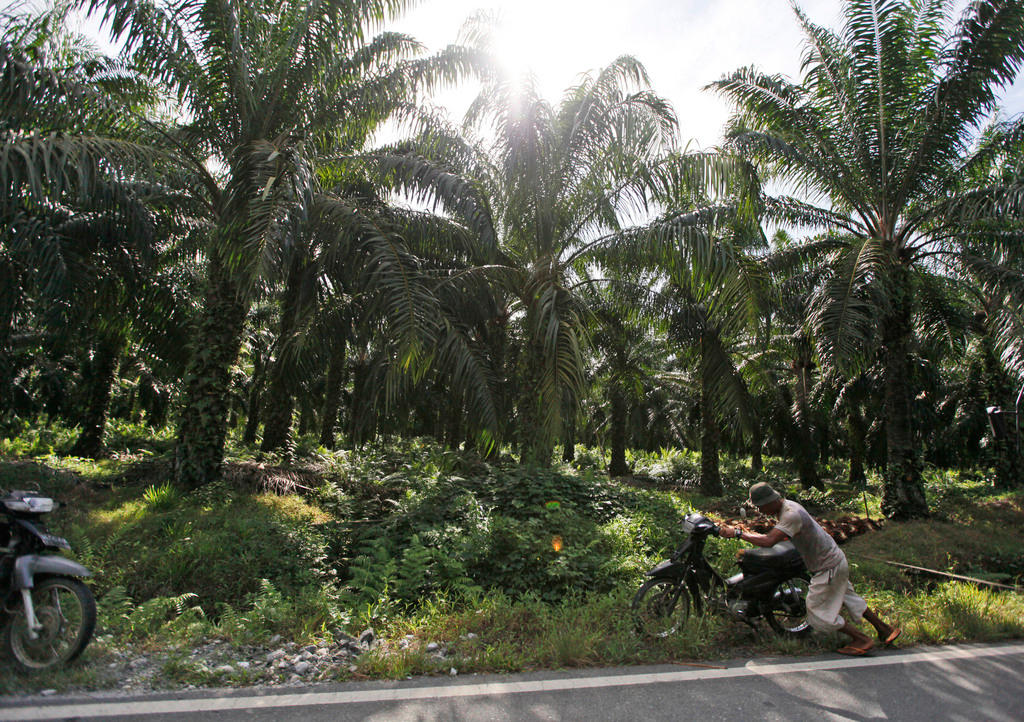
More
Palm oil to remain part of free trade talks despite opposition

In compliance with the JTI standards
More: SWI swissinfo.ch certified by the Journalism Trust Initiative

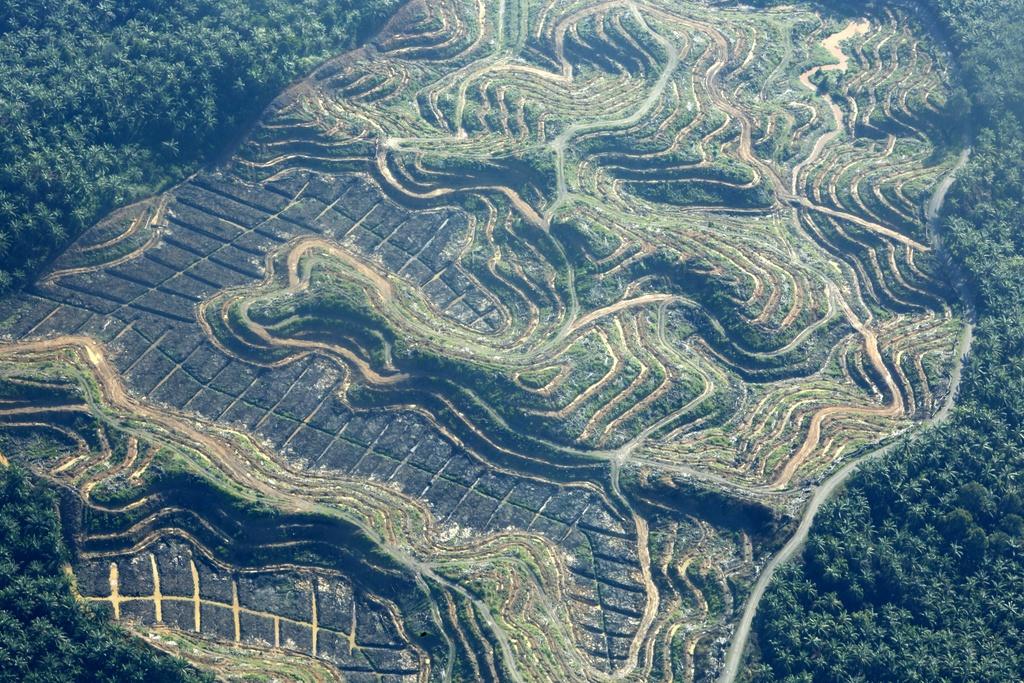
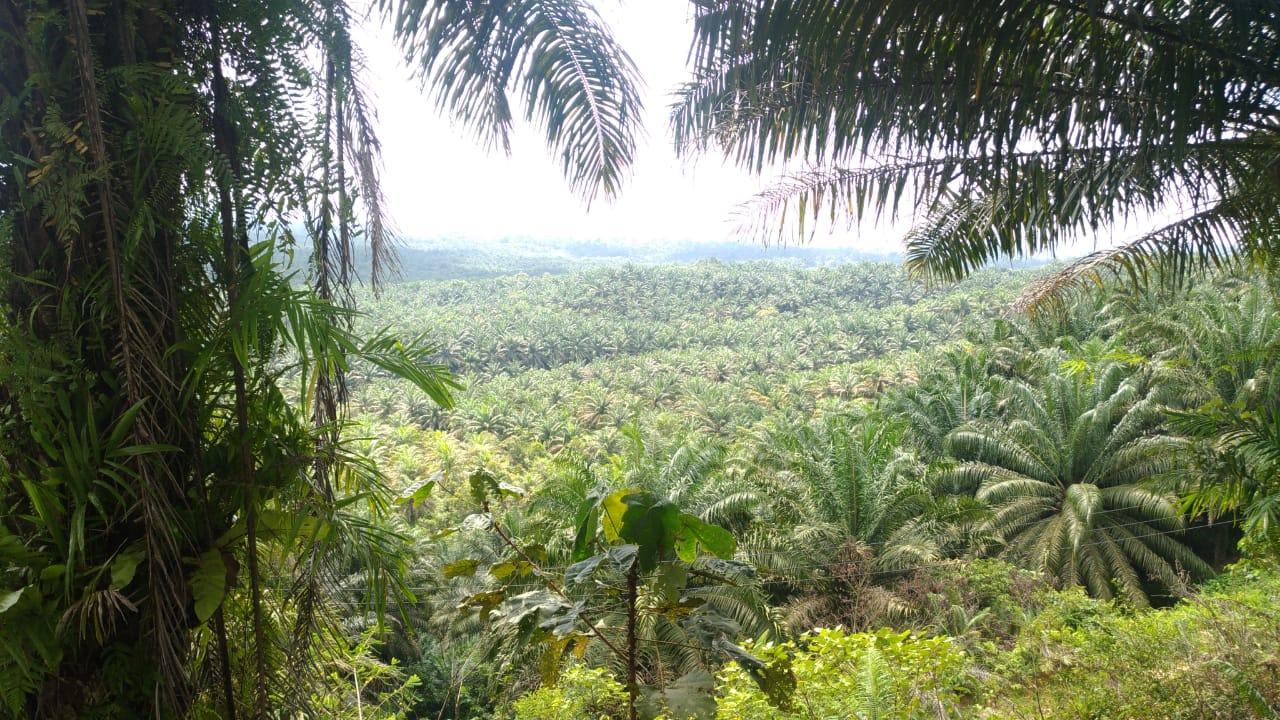
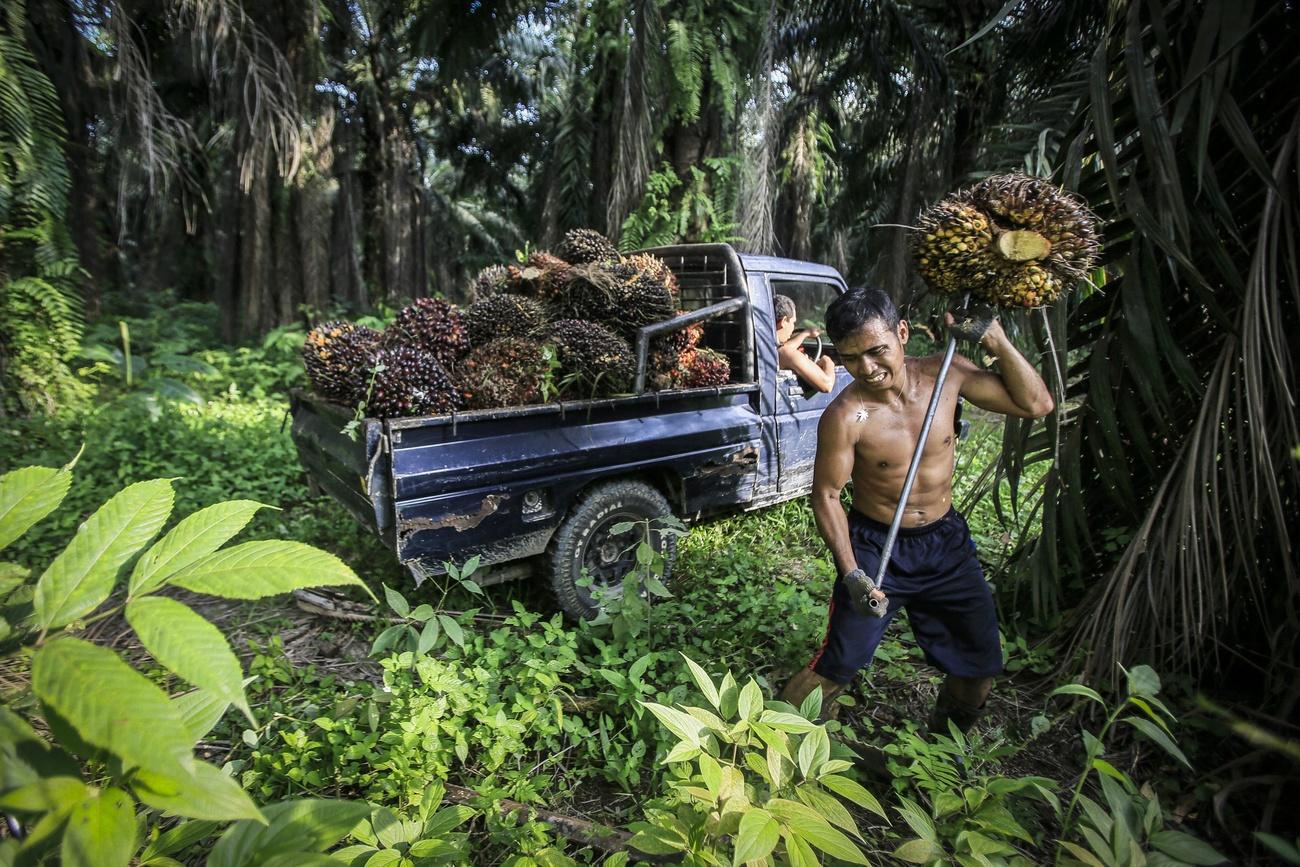
You can find an overview of ongoing debates with our journalists here. Please join us!
If you want to start a conversation about a topic raised in this article or want to report factual errors, email us at english@swissinfo.ch.